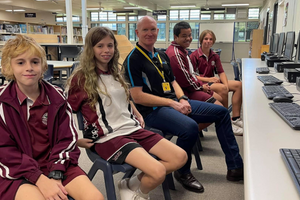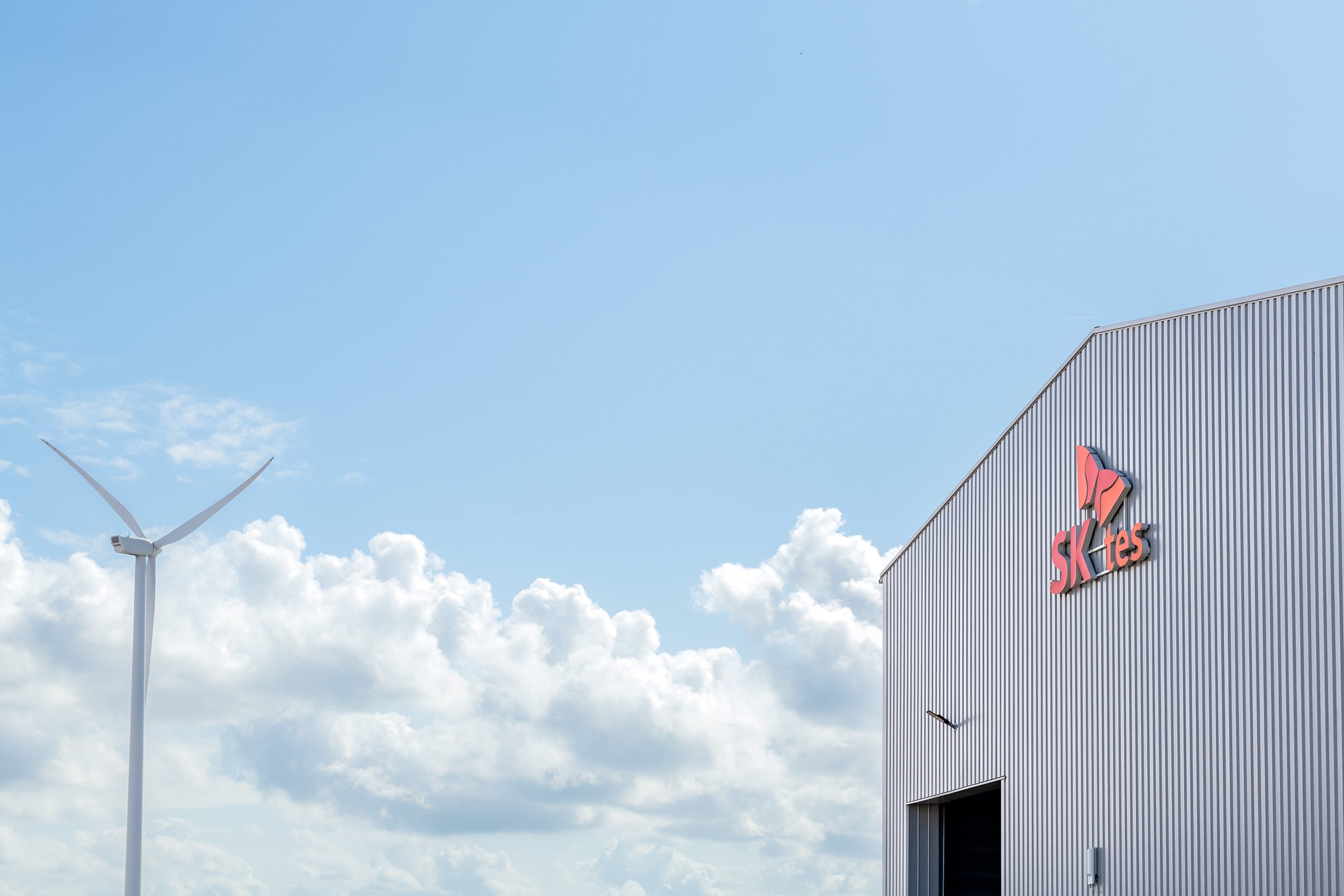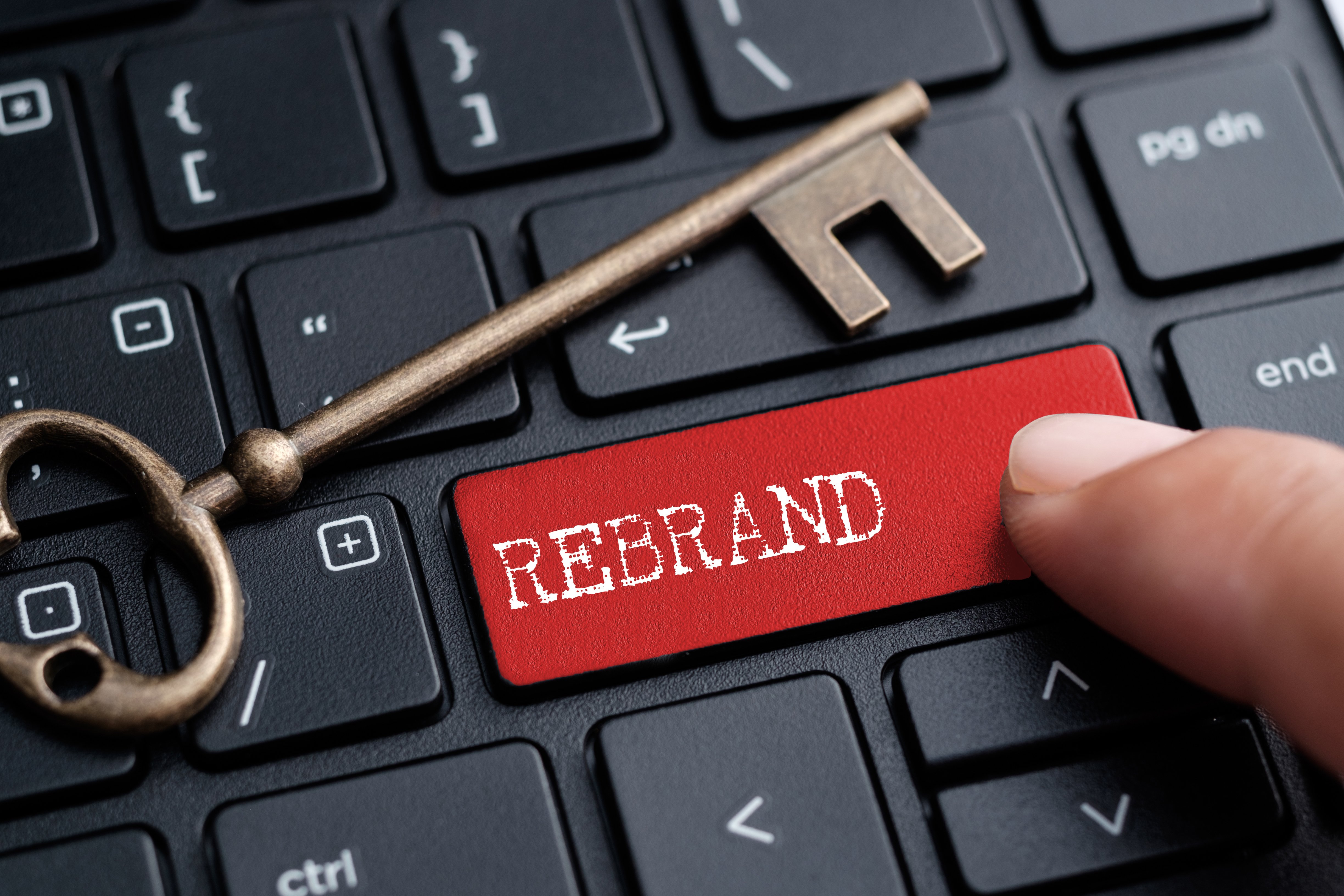The correct handling of end-of-life lithium-ion batteries is already a challenge — and it’s growing.
A study by the Institute for Sustainable Futures found that the end-of-life electric vehicle (EV) and smartphone LIB stream is expected to grow by 1,300% in volume between 2025 and 2035.
SK Tes Awarded NSW EPA Grant to Build LIB Recycling Facility
The New South Wales (NSW) Environment Protection Authority (EPA) awarded SK Tes AU$1.9 million to develop a one-of-a-kind facility in Western Sydney to test, repurpose, and recycle lithium-ion batteries (LIBs) from solar energy storage systems. It will also process LIBs from electric vehicles, e-mobility, and portable devices.
The Villawood facility is expected to generate 20+ green jobs and will utilize SK Tes’s proprietary hydrometallurgical technology.
SK Tes has recently been honored with several prestigious awards, including an Edison Award in the Power Generation and Recovery category.
This new facility joins SK Tes’s growing battery infrastructure in Singapore, France, China, and the Port of Rotterdam, expanding its global network of 40 owned and operated facilities.
SK Tes’s proprietary process first extracts black mass and then applies a hydrometallurgical process to recover scarce elements like nickel, cobalt, and lithium — closing the loop for these critical materials.
The facility is expected to handle 2,000 tons of end-of-life LIBs annually, including 800 tons from Australia’s solar battery infrastructure.
“This funding supports the circular economy by helping New South Wales develop ways to manage battery storage waste as installed systems reach end of life,” said NSW Environment Minister James Griffin. “We want to ensure NSW is ahead of the curve with innovative solutions.”
“Collaboration with forward-thinking governments like NSW is key to solving global challenges,” said Thomas Holberg, Global VP of SK Tes Sustainable Battery Solutions. “This project complements the growing infrastructure and collection networks for LIBs.”
SK Tes is prepared to invest in battery-grade metal production if demand for closed-loop recovery increases, enabling domestic manufacturing and reducing reliance on external supply.
The project aligns NSW’s sustainability goals with SK Tes’s private-sector expertise.
“We’re excited about this project and eager to demonstrate that properly handled end-of-first-life LIBs create circular economy opportunities, reduce waste, and cut emissions,” said Alvin Piadasa, Group Sustainability Director at SK Tes.
References
Scoping study for photovoltaic panel and battery system reuse and recycling fund (PDF 7.04MB)
Facts
The facility will process up to 2,000 tons per annum (tpa), including 800 tpa from solar energy storage systems — more than the current battery recycling demand in NSW.





